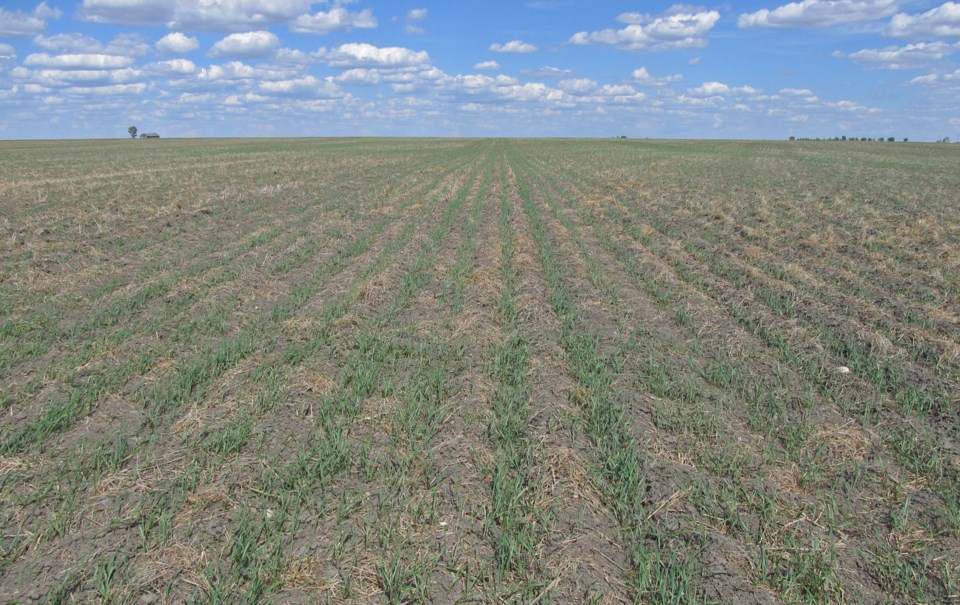YORKTON - If you are an agricultural producer you have to be fascinated with what science could provide in terms of crop production in the year ahead.
Actually, when you consider the sheer volume of ‘science’ being undertaken the potential of advancement on most fronts of human endeavour are at the very least fascinating to consider.
But, farm production advancements bring it closer to home, and stand to be a positive for that important sector of the Prairie economy.
The science of farming really is going in directions which would make a science fiction writer like Isaac Asimov proud.
It was only recently a story at www.producer.com caught my eye.
Work is being undertaken to genetically tweak plants to essentially signal producers when they are being stressed by something which would then allow the farmer to react to help the crop.
The article delves into work being undertaken by InnerPlants to develop crop traits via genetic engineering techniques which will enable plants to signal when they’re exposed to specific stressors in a way that can be detected through crop surveillance.
The new traits would enable plants to signal up to seven separate issues by emitting coloured fluorescent proteins on their leaves with a specific colour that can be detected by satellite or equipment-based cameras.
The potential is massive for something like this, as the plant would essentially be signaling the producer that it is being attacked by insects, has developed a fungus, or needs more fertilizer, and the farmer could then respond by applications of crop protection products or fertilizer.
Now some are going to see the term genetic engineering and shudder because there is definitely those who fear what might happen as such crops get out in the world and cross with other plants.
And the idea of fluorescent plant leaves doesn’t necessarily help in terms of the perception some are going to have if this technology advances to the farmer use stage, which of course is something the agriculture industry is going to have to deal with often in the years ahead.
The general public can be swayed by Internet noise and fears not based on science and the farm sector needs to be aware advancements may not be welcomed by all end users.
Science is going to open doors to crop development and farm techniques we can frankly not imagine – at least they are beyond me as the steps taken are always bolder and more dramatic than I would have considered.
What is now in the research stage to be released in the next few years will certainly push crop production forward.
And, since each developmental success can be a building block for the next, the future seems limitless, as long as the consumer can maintain its confidence in the food produced is safe.






